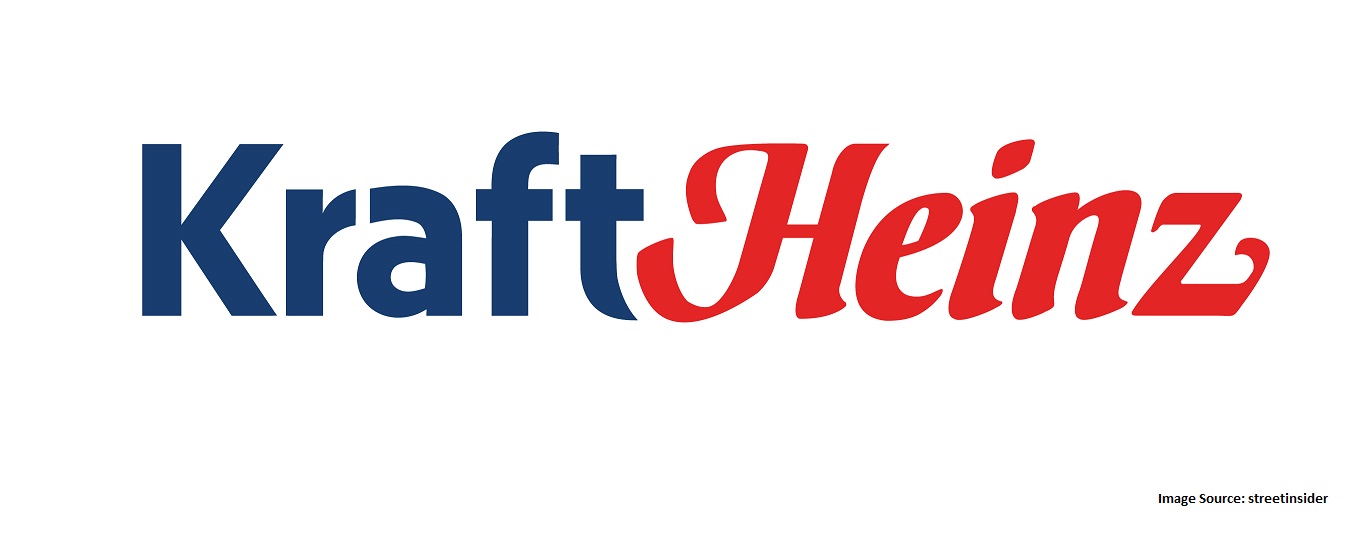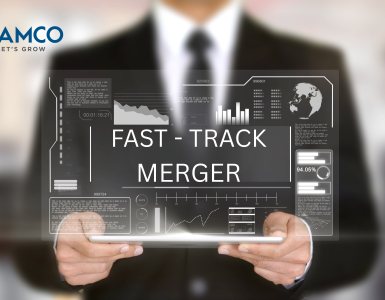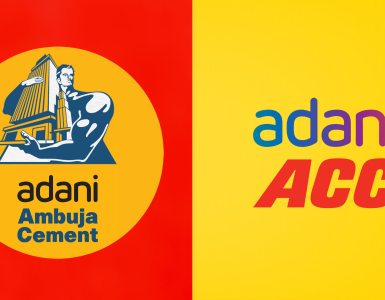Investment firms 3G Capital and Berkshire have teamed up to create a new company through the merger of H J Heinz and Kraft Foods. The giant new company will be called the Kraft Heinz Company and will make it the third largest food-and-beverage company in the US, behind Coca-Cola and PepsiCo, and the fifth largest in the world.
ABOUT KRAFT FOODS GROUP:
Kraft Foods Group is an American grocery manufacturing and processing conglomerate headquartered in the Chicago suburb of Northfield, Illinois. It is one of the largest consumer packaged food and beverage companies in North America, with annual revenues of more than $18 billion.
The company was formed in 2012 as a spin-off from Kraft Foods Inc., which in turn was renamed Mondelez International. The new Kraft Foods Group is focused mainly on grocery products for the North American market, while Mondelēz is an international distributor of Kraft Foods snacks and confectionery brands. Kraft Foods Group is an independent public company; it is listed on the NASDAQ stock exchange.
Kraft has a portfolio of food & beverage brands and the iconic brands include Kraft, Capri Sun, Jell-O, Kool-Aid, Lunchables, Maxwell House, Oscar Mayer, Philadelphia, Planters and Velveeta. Kraft’s 22,000 employees in the US and Canada have a passion for making the foods and beverages people love.
Kraft’s brand feature:-
- Household penetration: 98% in U.S. and Canada
- 25+ brands with greater than $100 million in annual sales
- 80% of their sales are in categories where the company holds the number 1 or number 2 market.
ABOUT HEINZ COMPANY:
The H. J. Heinz Company, or Heinz, is an American food processing company with world headquarters in Pittsburgh, Pennsylvania. It was founded by Henry Heinz in 1888. The H. J. Heinz Company manufactures thousands of food products in plants in six continents and markets these products in more than 200 countries and territories. The company claims to have 150 number one or number two brands worldwide.
H.J. Heinz Company, offering “Good Food Every Day” is one of the world’s leading marketers and producers of healthy, convenient and affordable foods specializing in ketchup, sauces, 6 meals, soups, snacks and infant nutrition. Heinz provides superior quality, taste, and nutrition for all eating occasions whether in the home, restaurants, the office or “on-the-go.” Heinz is a global family of leading branded products, including Heinz Ketchup, sauces, soups, beans, pasta and infant foods, Ore-Ida potato products, Weight Watchers, Smart One’s entrées, T.G.I. Friday’s snacks, and Plasmon infant nutrition.
Heinz is famous for its iconic brands on six continents, showcased by Heinz Ketchup, The World’s Favourite Ketchup.
On February 14, 2013, Heinz agreed to be purchased by Berkshire Hathaway and 3G Capital for $23.25 billion.
HEINZ INDIA:
Heinz India started operations in the year 1994 by acquiring the Family Products Division of Glaxo with powerful brands such as Complan, Glucon-D, Nycil, and Sampriti. Heinz India is fully integrated into the global Heinz operations, employing high standards in quality at its state-of-the-art manufacturing facilities at Aligarh and Sitarganj. The company has four branches (Mumbai, Delhi, Chennai, and Kolkata). The company’s iconic brands in India are Complain & Heinz Ketchup and category leaders like Glucon-D and Nycil.
ABOUT BERKSHIRE HATHAWAY:
Berkshire Hathaway and its subsidiaries engage in diverse business activities including property and casualty insurance and reinsurance, utilities and energy, freight rail transportation, finance, manufacturing, retailing and services. The company wholly owns GEICO, BNSF, Lubrizol, Dairy Queen, Fruit of the Loom, Helzberg Diamonds, FlightSafety International, and NetJets, owns half of Heinz, an undisclosed percentage of Mars Inc, and has significant minority holdings in American Express, The Coca-Cola Company, Wells Fargo, IBM and Restaurant Brands International. The company is known for its control by investor Warren Buffett, who is the company’s chairman, president, and CEO. The common stock of Berkshire Hathaway is listed on the New York Stock Exchange.
ABOUT 3G CAPITAL:
3G Capital is a global investment firm focused on long-term value, with a particular emphasis on maximizing the potential of brands and businesses. The firm and its partners have a strong history of generating value through operational excellence, board involvement, deep sector expertise and an extensive global network. 3G Capital works in close partnership with management teams at its portfolio companies and places a strong emphasis on recruiting, developing and retaining top-tier talent. 3G Capital’s main office is in New York City.
THE DEAL:
According to the terms of the deal, each share of the Kraft Foods Group will entitle the shareholder to one share of the new entity. As the result of this, the current shareholders of Heinz will hold a 51% stake in the newly formed company. These shareholders include 3G Capital and Berkshire Hathaway. The remainder will go to the current shareholders of Kraft. To sweeten the deal for Kraft’s shareholders, they have been provided a one-time cash dividend of $16.50 per share. The cost of this dividend, which amounts to $10 billion, will be borne by 3G Capital and Berkshire Hathaway. The amount of this dividend is more than a quarter of the closing share price of Kraft on March 24, 2015.
Consideration to be received by the each shareholder of Kraft
The shareholders will, however, have to be more patient to enjoy the full benefits of any improvement in operations of the combined entity, since the transaction is expected to be EPS accretive only by 2017.
The agreement to form a new company was unanimously approved by both the companies’ board of directors. The deal has been valued at around $45 billion
ABOUT KRAFT HEINZ:The Kraft Heinz Company is co-headquartered in Pittsburgh and the Chicago area. The new company will have at its helm leaders drawn from the two merging entities. The chairman of Heinz, Alex Behring, will assume chairmanship of the new company. The vice-chairmanship will be reserved for Kraft’s current chairman and CEO, John Cahill. Bernardo Hees, the CEO of Heinz, will retain his title as the two companies merge into a single firm.
|
A Transformational Combination:
| Kraft | Heinz |
| #4 North American Food & Beverage Company | Leading, Global Food Player, with substantial geographic diversity |
| Portfolio of iconic North American brands | Portfolio of iconic, global brands |
| #1 or #2 position in 17 core categories | Products with #1 or #2 market share in 50+ countries |
THE SYNERGY GAME:
There are various ways in which the management will leverage the synergies that the combination of these two large food companies should provide. Heinz has a global footprint. It derives 60% of its sales from regions other than North America. Emerging economies contribute 25% of its sales. Kraft, on the other hand, derives 98% of its sales from North America. This provides scope for the combined entity to sell Kraft’s brands in international markets.
Geographical breakup of sales:-
Sources:- Company Data, h research
Sources:- Company Data, hu research
However, the opportunity would be limited by Kraft’s agreement with Mondelez International, which was spun off from Kraft’s namesake parent company in 2012 to focus on international growth. During the spin-off, Mondelez acquired the rights to sell many of their shared brands in international markets. Going by Kraft’s presentation on the deal, some iconic brands that don’t fall under this purview are A.1., Velveeta, Planters, MiO, and Lunchables. The sales of such brands outside North America could provide a boost to the new firm’s revenue growth.
Category-wise break-up of sales:-
Sources:- Company Data, hu Research
Sources:- Company Data, hu Research
Once combined, the Kraft Heinz Company will be the third largest food and Beverage Company in North America and the fifth largest in the world.
The management of the two companies announced that they expect to realize $1.5 billion in annual cost savings by the end of 2017, as a result of this deal. The cost synergies will mostly come from higher economies of scale in the North American market. The Larger volume of sales will help the company drive better bargains with clients such as large retail outlets and specialty food stores and restaurants. This will improve operating margins of the company and also give it an advantage in getting more shelf space in retail outlets. Some part of the cost savings will also come from the ability of the combined company to refinance Heinz’s high-yielding debt. Since Kraft has a much better credit rating, the combined entity will be able to replace such debt with low-yielding, investment-grade debt. Additionally, Heinz’s preferred stocks that will become callable in June 2016 will also be replaced with such debt. This will help reduce the total cost of capital for the combined company.
THE FIGURE GAME:
(Million $)
| Particulars | Kraft | Heinz | Kraft Heinz* |
| Net Revenue | 18,205 | 10,922 | 29,127 |
| Operating Earnings | 1,890 | 1,568 | 3,458 |
| Operating Margin | 10.38% | 14.35% | 11.87% |
| Net Earnings | 1,043 | 657 | 1,700 |
| Net Margin | 5.73% | 6.01% | 5.83% |
| Total Assets | 22,947 | 36,763 | 59,710 |
| Total Liabilities | 18,582 | 21,077 | 39,659 |
*:- Estimated
BRAND PORTFOLIO OF KRAFT HEINZ:
The combination of these iconic food companies joins together two portfolios of beloved brands, including Heinz, Kraft, Oscar Mayer, Ore-Ida, and Philadelphia. Together the new company will have eight $1+ billion brands and five brands between $500 million and $1 billion. The complementary nature of the two brand portfolios presents a substantial opportunity for synergies, which will result in increased investments in marketing and innovation.
The boost to the brand portfolio will drive share values upwards, as key brands and value-driving segments for both companies will receive tremendous boosts. The combined power of Heinz’s prized ketchup line and Kraft’s high-quality cheese line, which are sure shot customer pleasers, will drive the new company’s growth growing forward. Kraft’s slowing bottom line growth will recover as the revenues boosts will be enough to offset increases in promotional spending and other selling expenses for the company. The increased brand strength and a larger, more diverse brand portfolio are definitely tools for further enhancing the company’s growth prospects and setting up the new company as the next potential leader of the global food industry. The revenue-generating potential of the new company is immense considering the brands under its belt.
The merger is also a natural fit, given that most products of the two companies complement each other and are not substitutable. There are a select few products (such as pickles) which may overlap, but overall, the new combined portfolio will command a high degree of market power.
CONCLUSION:
The deal gives Buffett more leading in US food brands, as well as that of 3Gfounder Jorge Paulo Lemmann, Brazil’s richest man. The merger between Heinz and Kraft Foods as orchestrated by Berkshire Hathaway and 3G Capital is a win-win situation for both companies. The ultimate beneficiaries along with both companies are consumers and investors, with the former getting access to a wide array of products from under the same banner with potential discount deals and special packages in sight and the latter gaining a special cash dividend and upside to sharing value along with future dividends and buybacks in store.
The changing consumer appetite has forced some leading companies to diversify their product portfolios. One of the quickest ways to achieve this has been through acquisitions. Kraft and Heinz merger is an attempt to expand into the rapidly-growing markets.
The Kraft-Heinz mega-merger suggests deals could continue to accelerate as companies turn to M&A as a means for achieving previously unattainable growth. Along with the presence of increasingly strong competitors and constantly changing consumer demands, it’s either eat or be eaten in the food industry. The merger is a return to mega-deals for Mr. Buffett, who has maintained that he is hunting for “elephants,” large companies he can incorporate into the growing Berkshire conglomerate.




